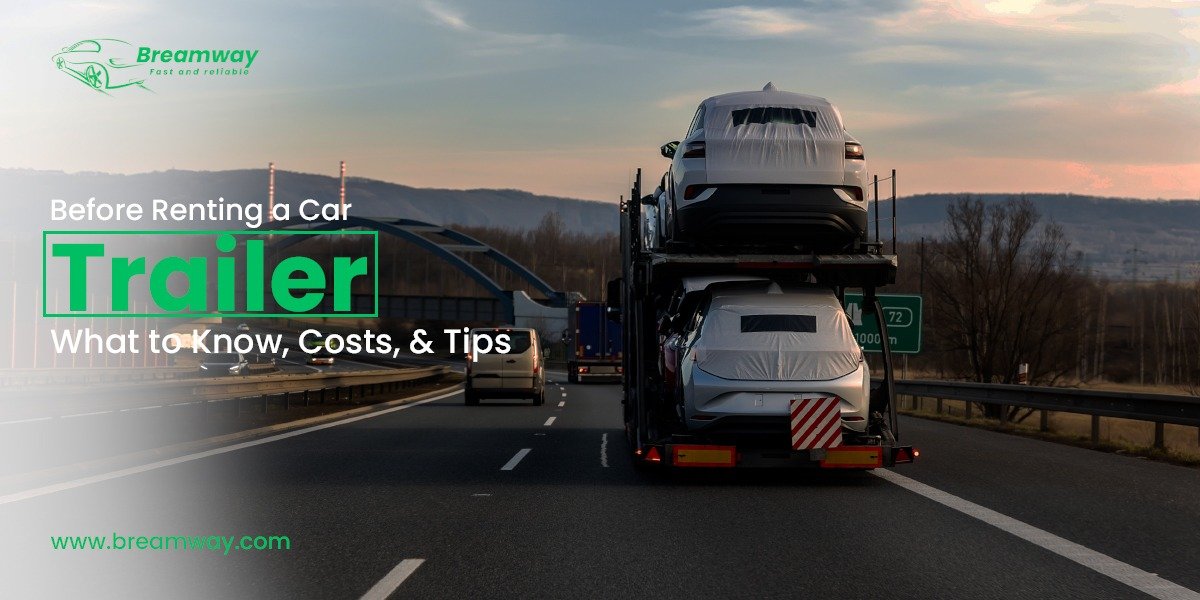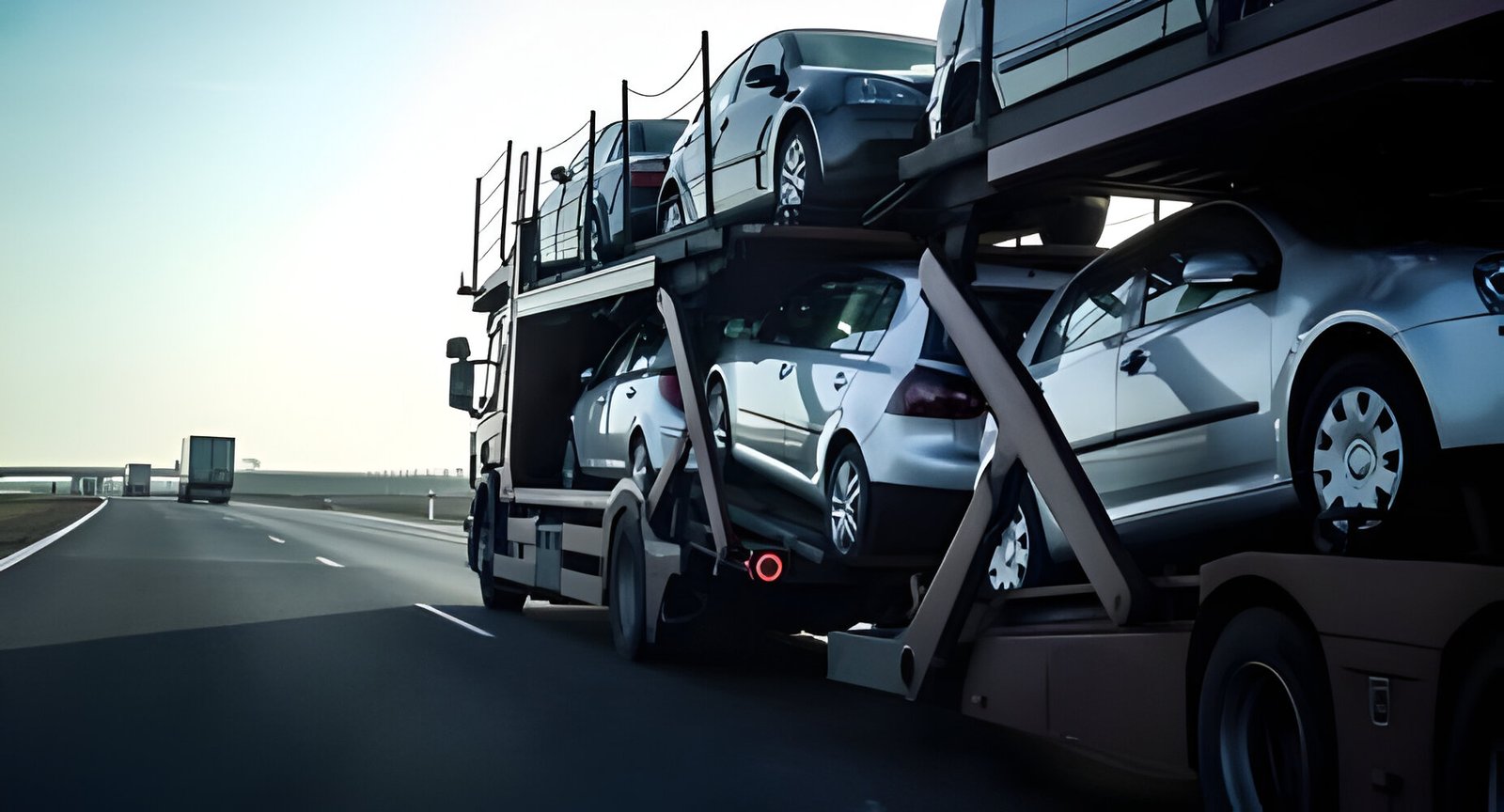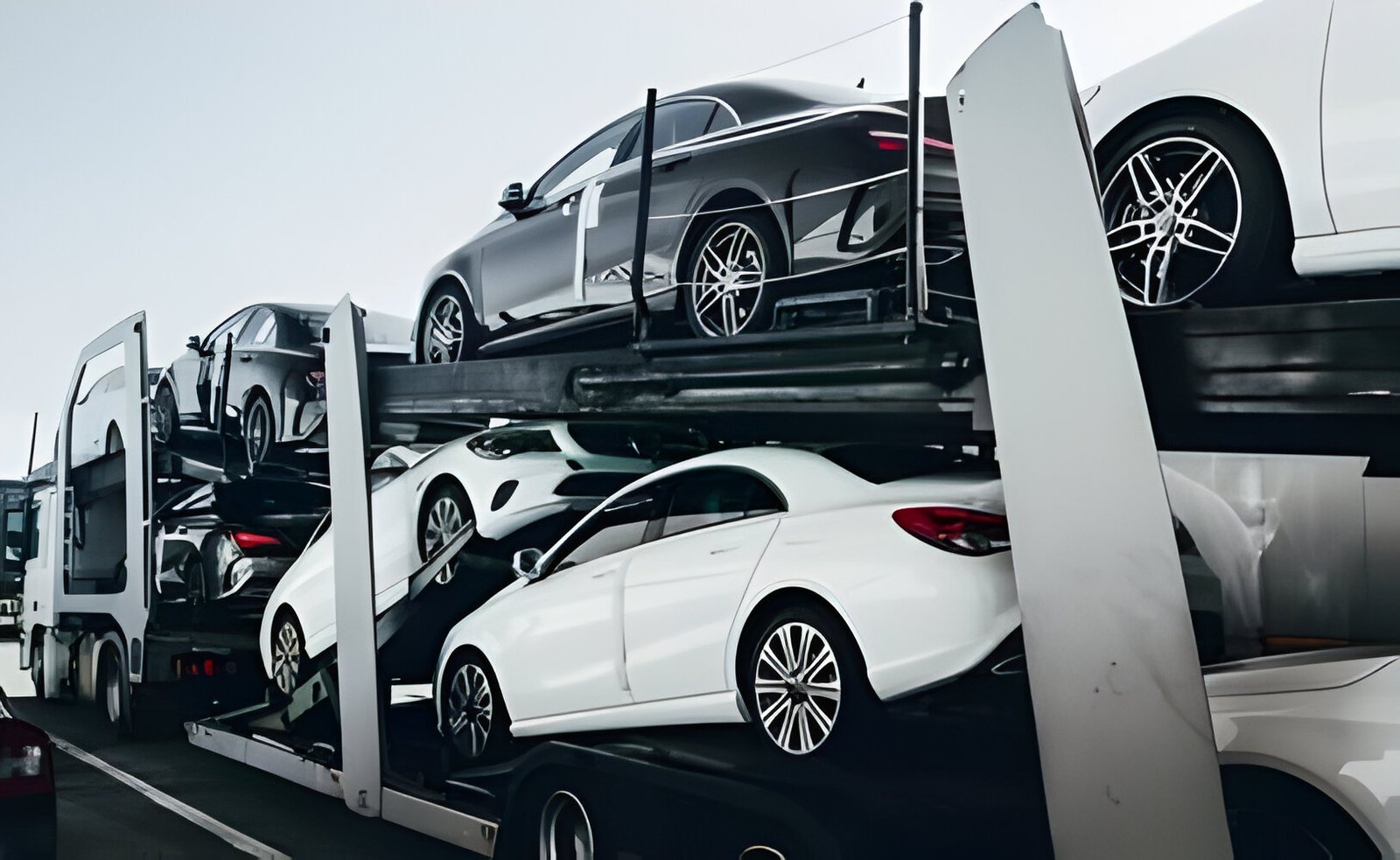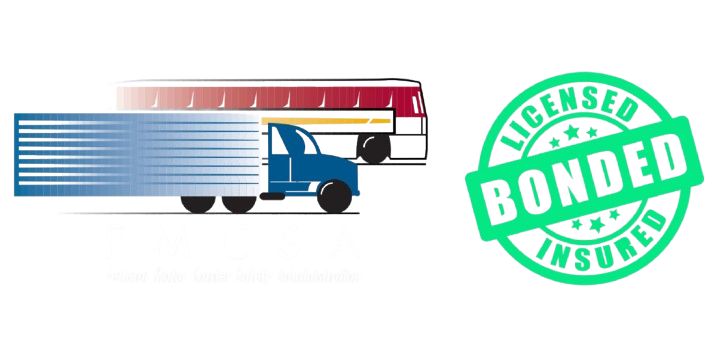Before Renting a Car Trailer What to Know, Costs, and Tips
Renting a car trailer is often a smart solution for car enthusiasts moving their pride and joy, or for car owners who occasionally need to transport their vehicle safely without the added expense of owning a trailer. It might seem like a straightforward task, but there are essential aspects to consider before driving your car onto a rental unit. In this detailed guide, we will cover everything you need to know about renting a car trailer, from the types available to practical tips to ensure a smooth and safe towing experience.
What to Know Before Renting a Car Trailer
The Types of Car Trailers Available
Car trailers come in various forms, and the one you choose will depend on the type of vehicle you are transporting. Here are the main types:
- Utility Trailers
These are your all-purpose trailers, commonly open-air, and useful for a wide range of towing needs. They are great for smaller cars or shorter distances.
- Car Haulers
Specifically designed to carry cars, car haulers range from open, flatbeds to enclosed models. They’re equipped with ramps and tie-down systems for easy loading and safe transport of your vehicle.
Determining Your Trailer Needs
It’s crucial to assess the weight and dimensions of what you plan to tow. Make sure the trailer can handle the load and that your towing vehicle is compatible. Here’s a quick guide:
- Know Your Vehicle’s Towing Capacity: This information is available in your vehicle’s owner’s manual and dictates what sort of trailer you can safely tow.
- Sizing Up the Trailer: The right fit is essential. You don’t want a trailer that’s too small or too big. The car should sit on the trailer comfortably with some room to spare.
Rental Requirements
When you find a trailer, you’ll need to adhere to certain standards to rent it. Here’s what you can expect:
- Driver’s License and Age Restrictions: Typically, a valid driver’s license and age of 18 or older are required. However, some agencies may set higher age limits.
- Insurance Mandates: You may have to purchase trailer insurance or provide evidence that your existing policy covers trailer rentals.
- Reading the Fine Print: Ensure you thoroughly understand your rental agreement, including fees, return conditions, and what’s covered by insurance.
Safety is paramount, and being properly prepared is the best way to ensure you enjoy a trouble-free experience with your rented car trailer. Always inspect the trailer for any sign of damage.
Costs Involved in Renting a Car Trailer
Rental Fees
Rental fees for car trailers vary depending on the company and type of trailer. For example, utility trailers are generally cheaper to rent than car haulers, and prices often range between $50 to $100 per day.
Insurance Costs
Insurance is an important consideration when renting a car trailer. You might need to purchase a policy from the rental agency or check if your existing auto policy covers trailer use. Costs can add an additional $10 to $30 per day.
Additional Fees
Always ask about potential additional costs. These can include:
- Late fees for returning the trailer past the agreed-upon time.
- Cancellation fees, should your plans change last minute.
- Deposits to hold your reservation or as a security measure for the rental company.
Tips for Renting a Car Trailer
Choosing the Right Rental Company
Select a reputable company with a track record for quality trailers, good customer service, and transparent pricing. Check online reviews, and ask friends or family for recommendations.
Inspection Before Renting
Before signing any rental agreement, thoroughly inspect the trailer:
- Check the sub-structure for signs of rust or structural damage.
- Inspect the tires for wear, and ensure they are properly inflated.
- Test the lights, including brakes and signals, to confirm they’re all operational.
- Examine the hitch and safety chains to ensure they are in good condition and compatible with your towing vehicle.
Safe Towing Practices
Even if you’ve towed trailers before, it’s good to brush up on best practices. This includes:
- Distributing weight evenly and securely on the trailer.
- Double-check that all straps and tie-downs are properly tensioned and will not come loose.
- Knowing the local towing laws, including speed limits and requirements for safety equipment, such as additional mirrors.
Understanding Local Regulations
Each state may have different rules and regulations when it comes to towing. Check the latest laws in your area and the area you will be traveling through. This includes licenses and speed limits.
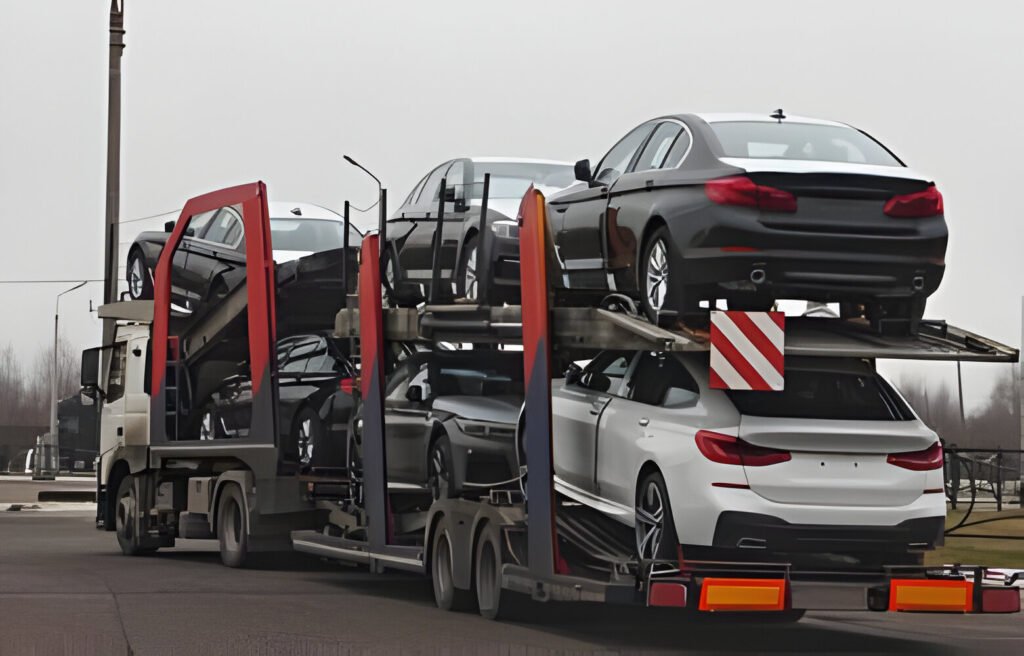
Before You Drive Off
Before hitting the road with a rented car trailer, run through this checklist:
- Ensure the trailer is securely connected to the towing vehicle, with the hitch locked and safety chains crossed and tightened.
- Test all the trailer lights and signals to confirm they are in working order and visible from the driver’s seat.
- Make sure the load is secure by checking all straps and tie-downs are properly attached and tensioned.
- Carefully inspect the tires and ensure they are properly inflated and have no visible damage.
- For long journeys, consider the tools and gear you might need in case of an emergency, such as a spare tire for the trailer or roadside assistance.
Conclusion
Renting a car trailer can be a cost-effective and efficient way to transport your vehicle. However, it involves more than just picking up a trailer and driving off. By carefully considering your needs, understanding the costs, and following our practical tips, you can ensure a seamless and safe towing experience.
Call to Action
If you’re considering renting a trailer, check out the services offered by reputable rental companies in your area. Research the types of trailers they provide and inquire about their rental process. Reach out to their customer service team for any additional information or clarity on the costs involved. Remember, a well-informed decision now can save you time, money, and hassle later.
Remember, Breamway Auto Transport is your go-to for professional car hauling needs. You can visit their website for more information on how they can support your transportation requirements.
[/fusion_text][/fusion_builder_column][/fusion_builder_row][/fusion_builder_container]
